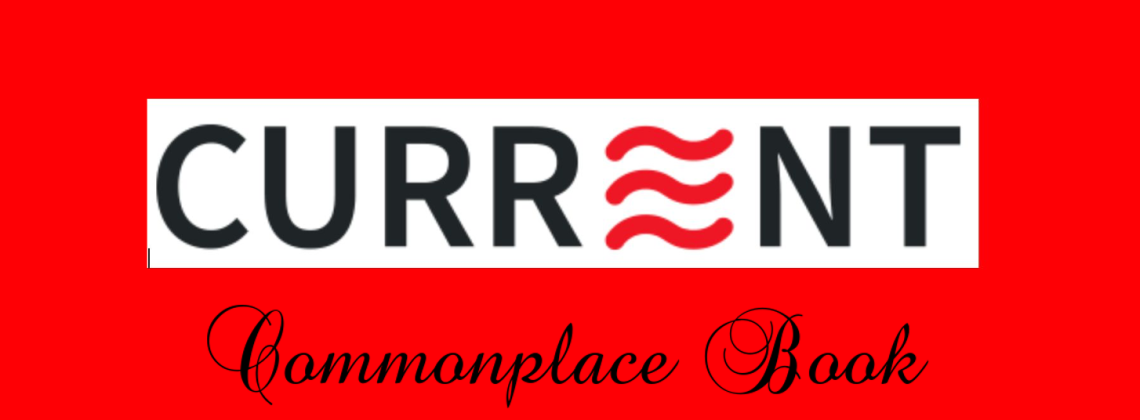
…The traditional definition of “human” is composed of limits as much as privileges. To be properly human, there are some things we must not do. The opposing creed, dominant in our own time, holds that there are no limits. Anything humans can do, they must do. Anything goes.
Humans in their proper place in the order of things, living within their prescribed limits, choosing good over evil, are admirable creatures. To do no more than “may become a man,” as the great law says even in the mouth of the faltering Macbeth, clearly implies that a man, so doing, is a becoming or a comely thing to be. Human beings, so defined and so acting, embody not only the goodness or virtue worthy of divine favor, but also a share of sanctity itself. We could say that the traditional definition of humankind comes to us ultimately from Genesis 2:7: “And the Lord God formed man of the dust of the ground, and breathed into his nostrils the breath of life; and man became a living soul.”
Wendell Berry, The Need To Be Whole, 466-467.